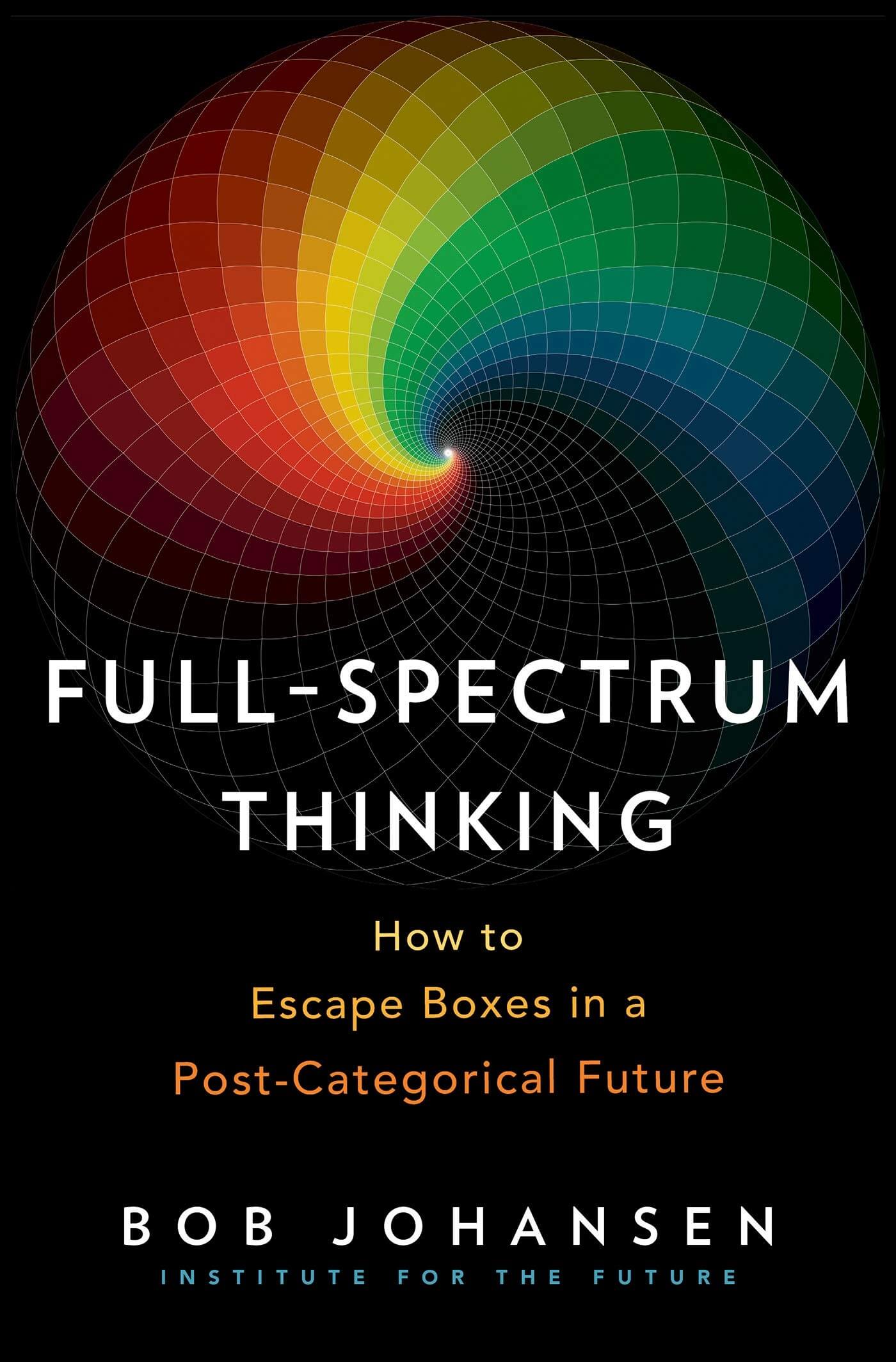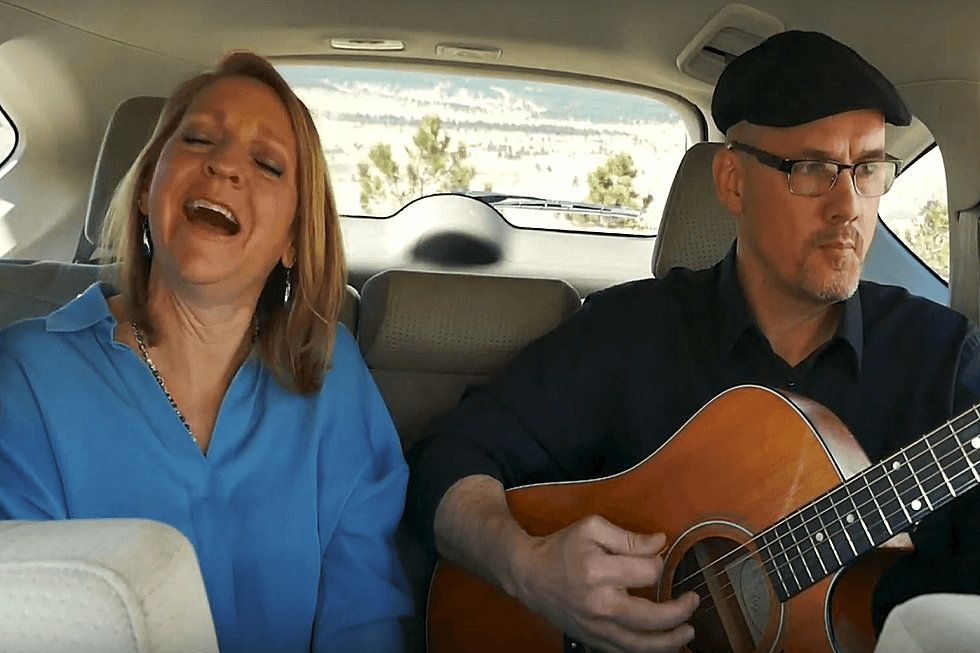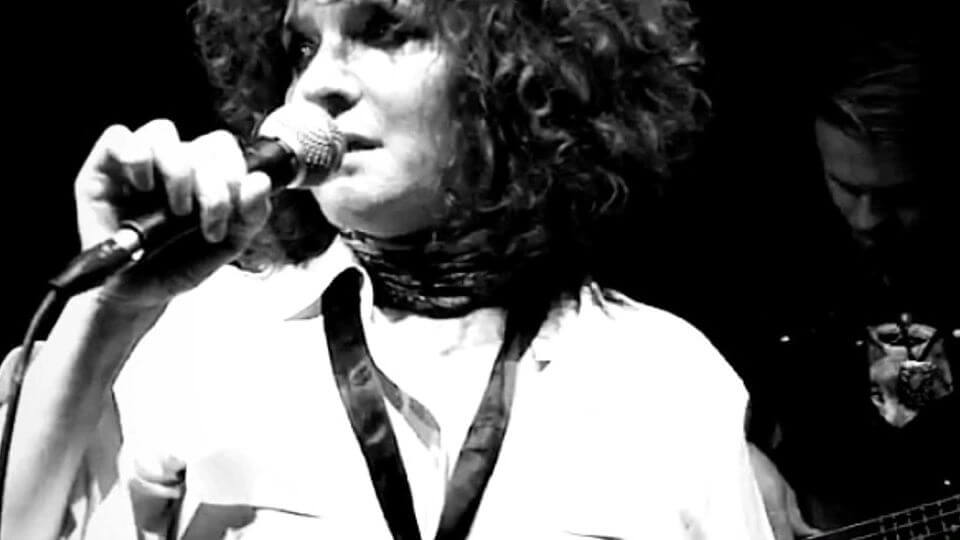Uma Vanka Releases “The Future is BIG”
Uma Vanka’s new book is something celebratory, and anticipatory positively so towards what he proclaims, in The Future is BIG: How Emerging Technologies Are Transforming Industry and Societies. He’s able to write about technology advancement and singularities with a refreshing clarity, adding a sort of spectacle to the text representative of what in actuality is happening comprehensibly for a select few. As far as Vanka is concerned, a technological paradigm shift is inevitable. It will trickle down and affect all aspects of the human experience, from an economic, governmental, and social set of standpoints.
Like any good communicator of expertise, Vanka is able to concurrently connect the dots between his calculated prediction of a digitized future, and how said future is an extension of our present history in 2024 AD. “Imagine sitting in a time machine and traveling back in time,” he writes. “…I’m taking you 4.5 billion years back to witness the birth of this beautiful planet Earth we now call home… Perhaps the most significant event and arguably the most relevant to us occurs almost another 3.5 billion years later, around 300,000 years ago, through the evolution of modern-day humans (Greshko 2021). The human ancestors change the way the world looks through their superior intelligence. To understand how much they transform this planet, simply take away everything manmade from this world. That puts us back in the caveman’s world. While we have the time machine, let’s zoom in on this very journey that modern-day humans went through. We start from the hunting society, also called Society 1.0.”
AMAZON: https://www.amazon.com/Future-BIG-Technologies-Transforming-Societies-ebook/dp/B0C15Q4FZ6
In effect, from page one she makes the brilliant demonstration that a technological paradigm shift is not necessarily in and of itself anomalous. Rather, it’s an extremely complex, sentient extension of our adaptive processes – continuing to build upon a world easy to forget because of our surrounding ourselves with said extensions. It also proves an interesting point: The technological singularity may be inherently natural, not the unnatural horror luddites often wring their hands over. This can be proven in a multitude of ways, but Vanka is able to succinctly provide a particular example of this, with the following passage: “Information technology percolates deep into the human psyche, their lifestyle, and their industries, thus increasing dependency across all domains.
Humans turn to computers to solve complex problems and get the necessary information. Interpersonal communication improves significantly, allowing anyone across the globe to communicate instantly. Computers grow smaller and more powerful. Thanks to cloud computing, big chunks of data are no longer a human hassle.” Zoom out with the term ‘human hassle’ at the front of one’s mind, and what do you have? Something far more specifically advanced, yet functionally synonymous to human ancestry developing tools. Now, we’re simply doing it again – miles away from what we initially devised in a world simultaneously simpler, and more complex, than ever before.
“The Industrial Revolution not only continues into this new information society, it goes to an all-new level…Businesses that embrace technology and take advantage of it prosper. The ones that don’t, risk annihilation,” Vanka continues. “…So, in this seemingly unpredictable world, can you envisage how the world is going to look like in the future, how we’re going to contribute to it, and how we can benefit from it? But first, we must analyze our past to learn from it. We must understand the currents ahead to successfully navigate through them. The purpose of this book is to do exactly that: to equip you with the information you need about the future while taking a glimpse at how we got to today so that you can exploit the future in your own way.”
Nicole Killian








